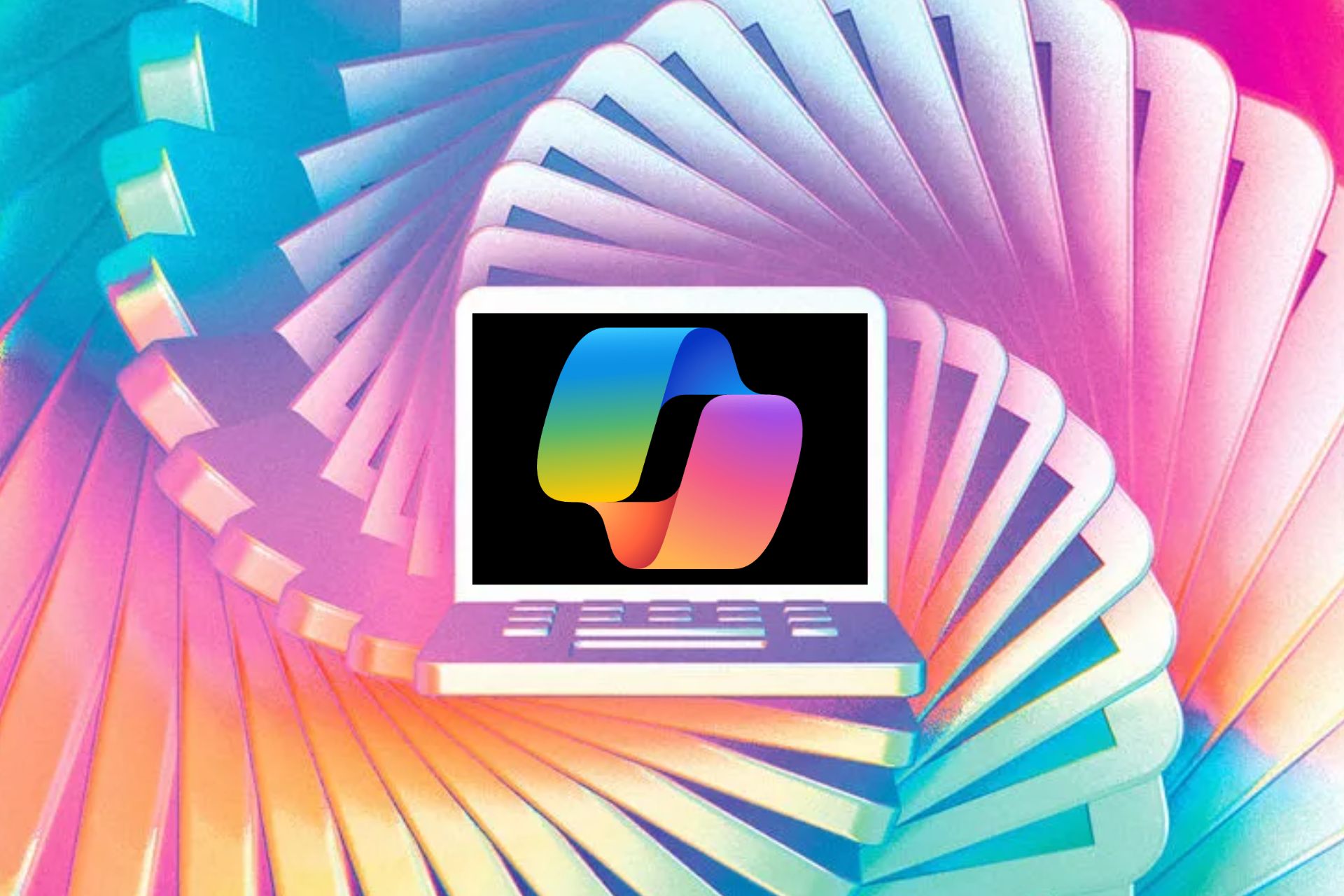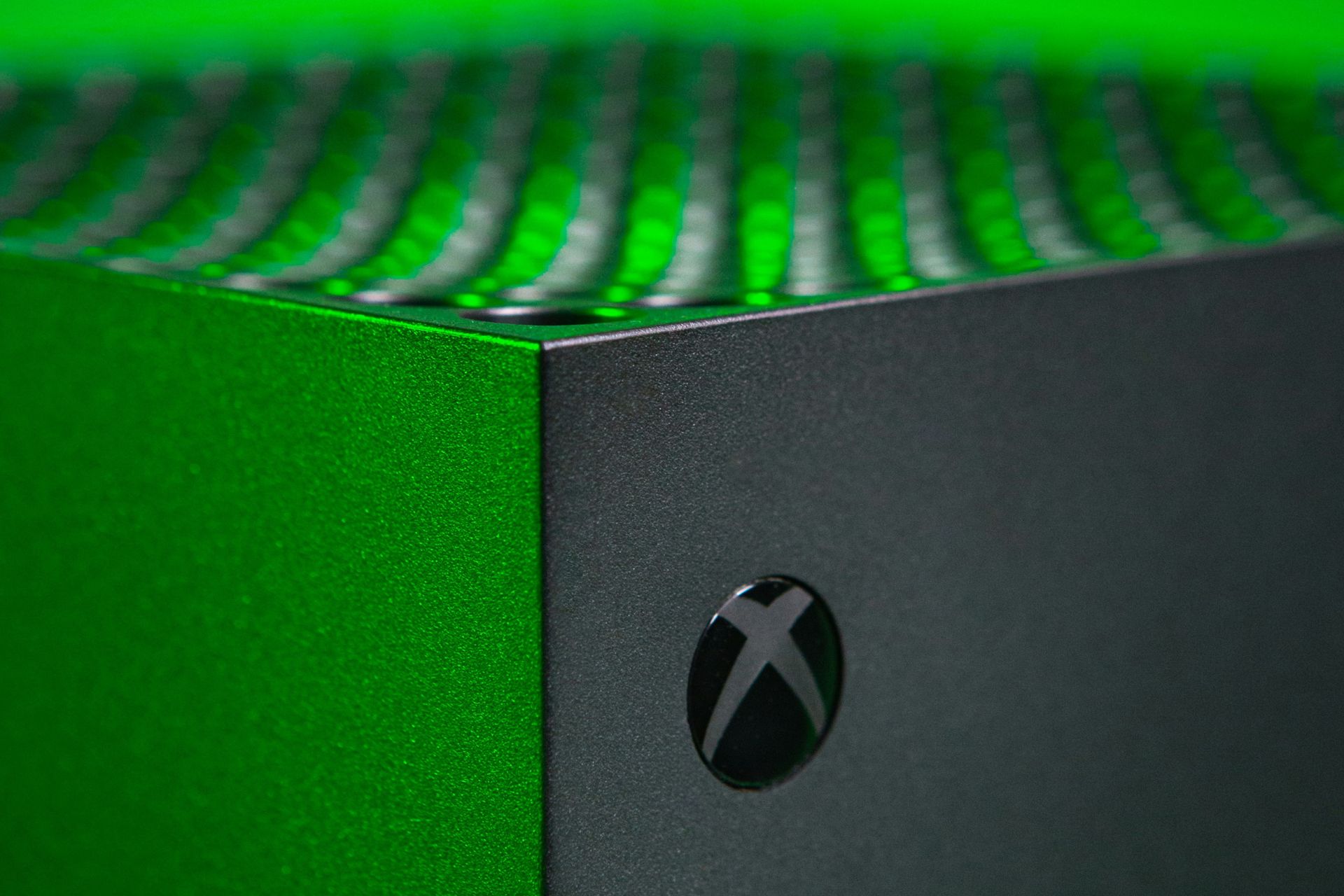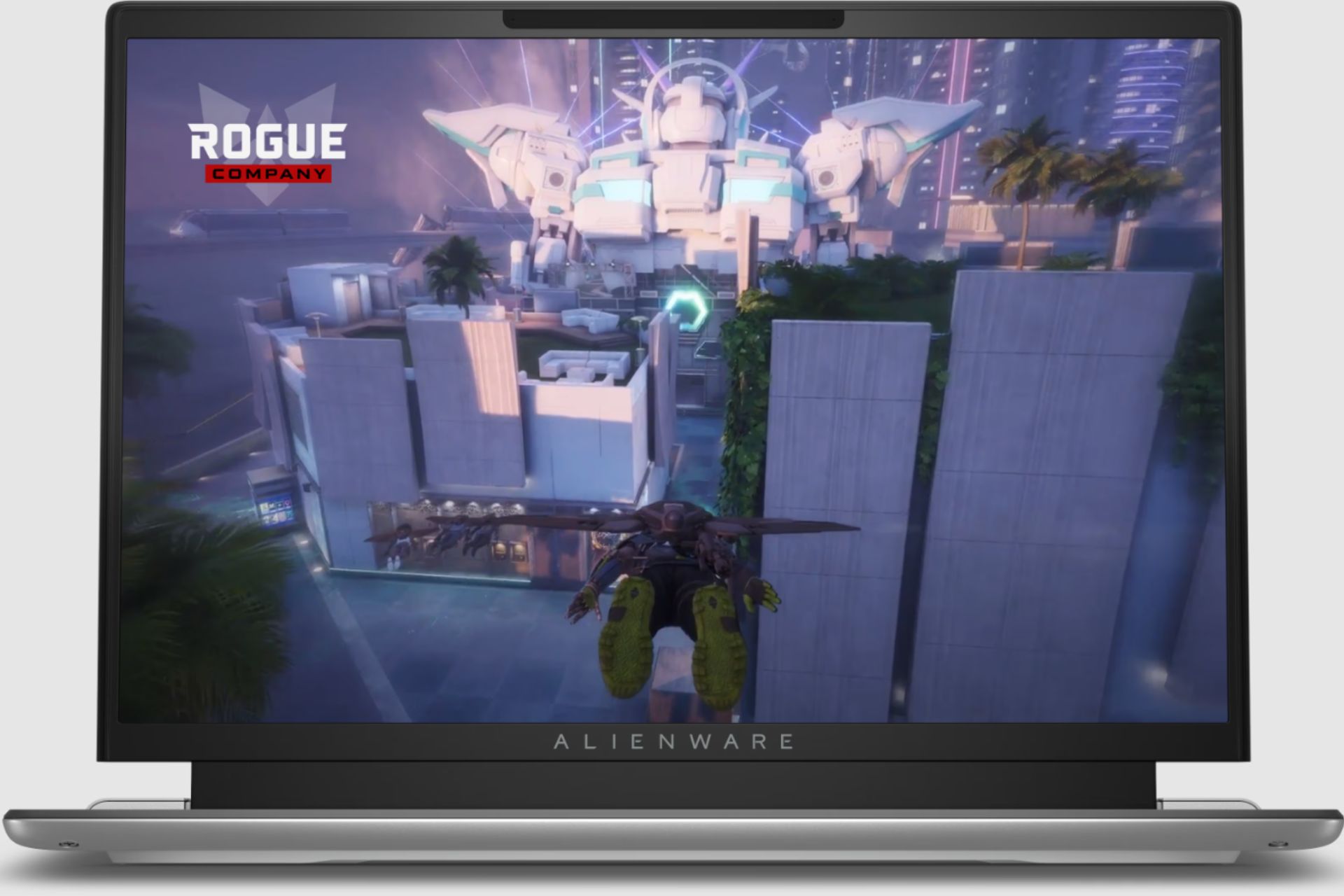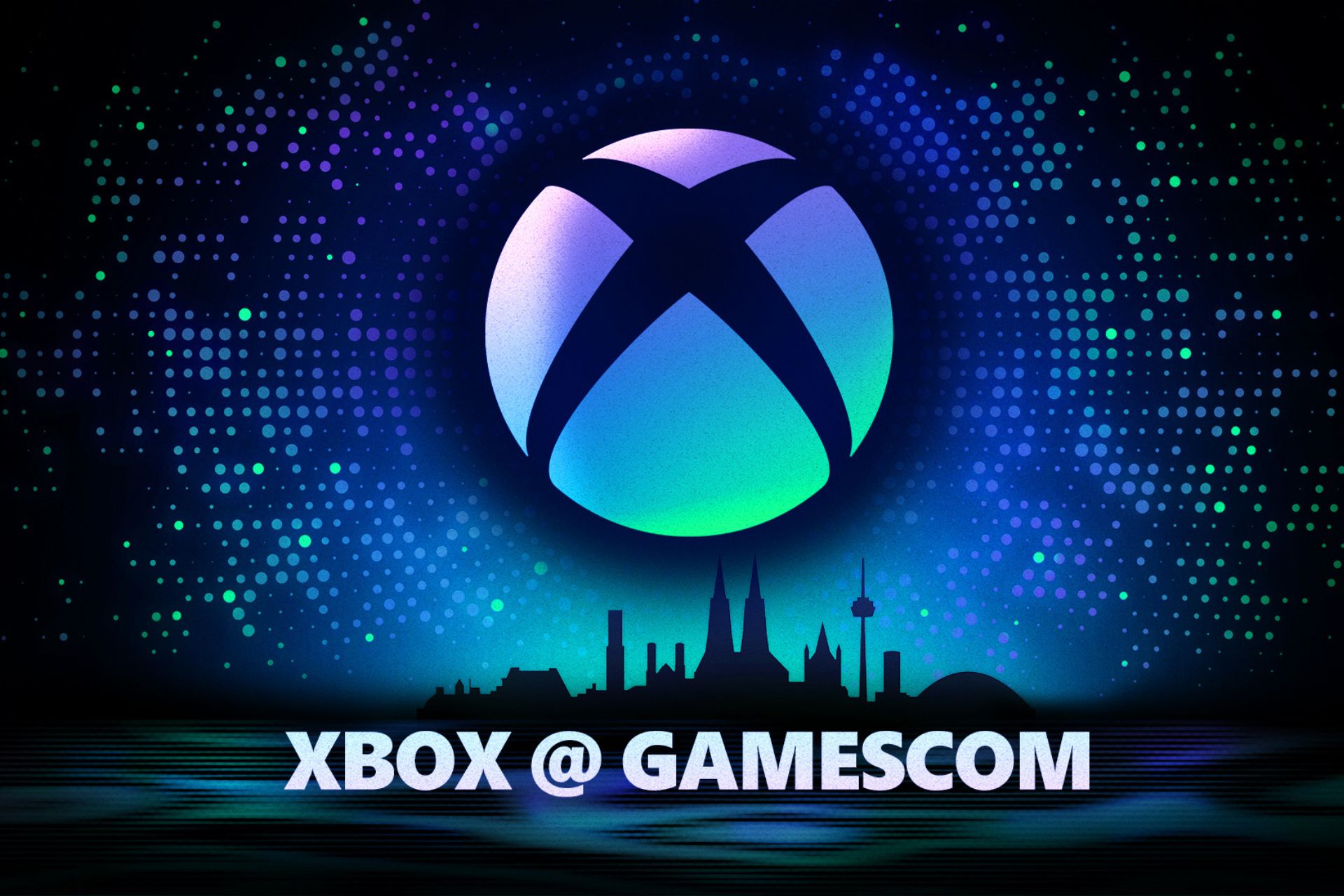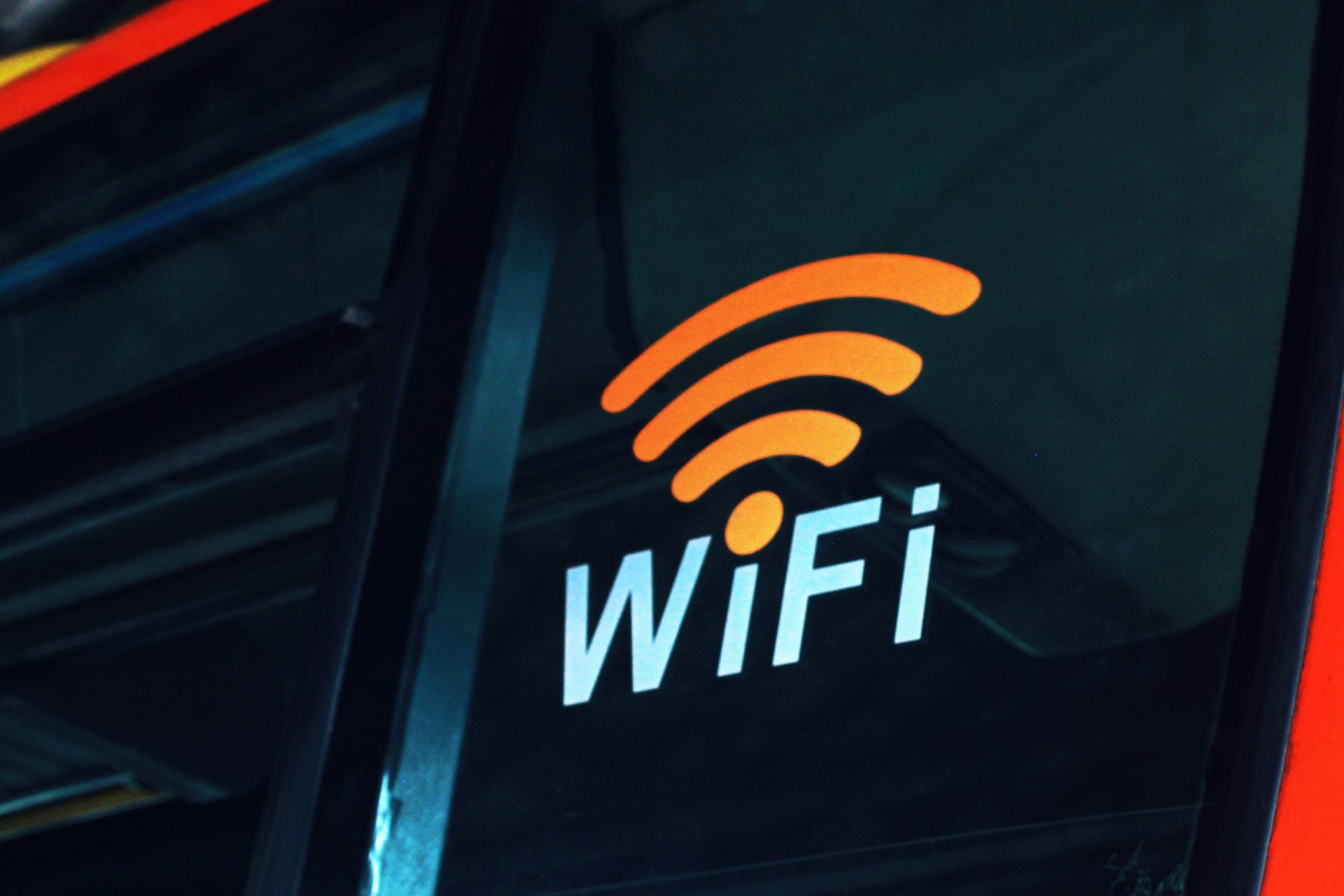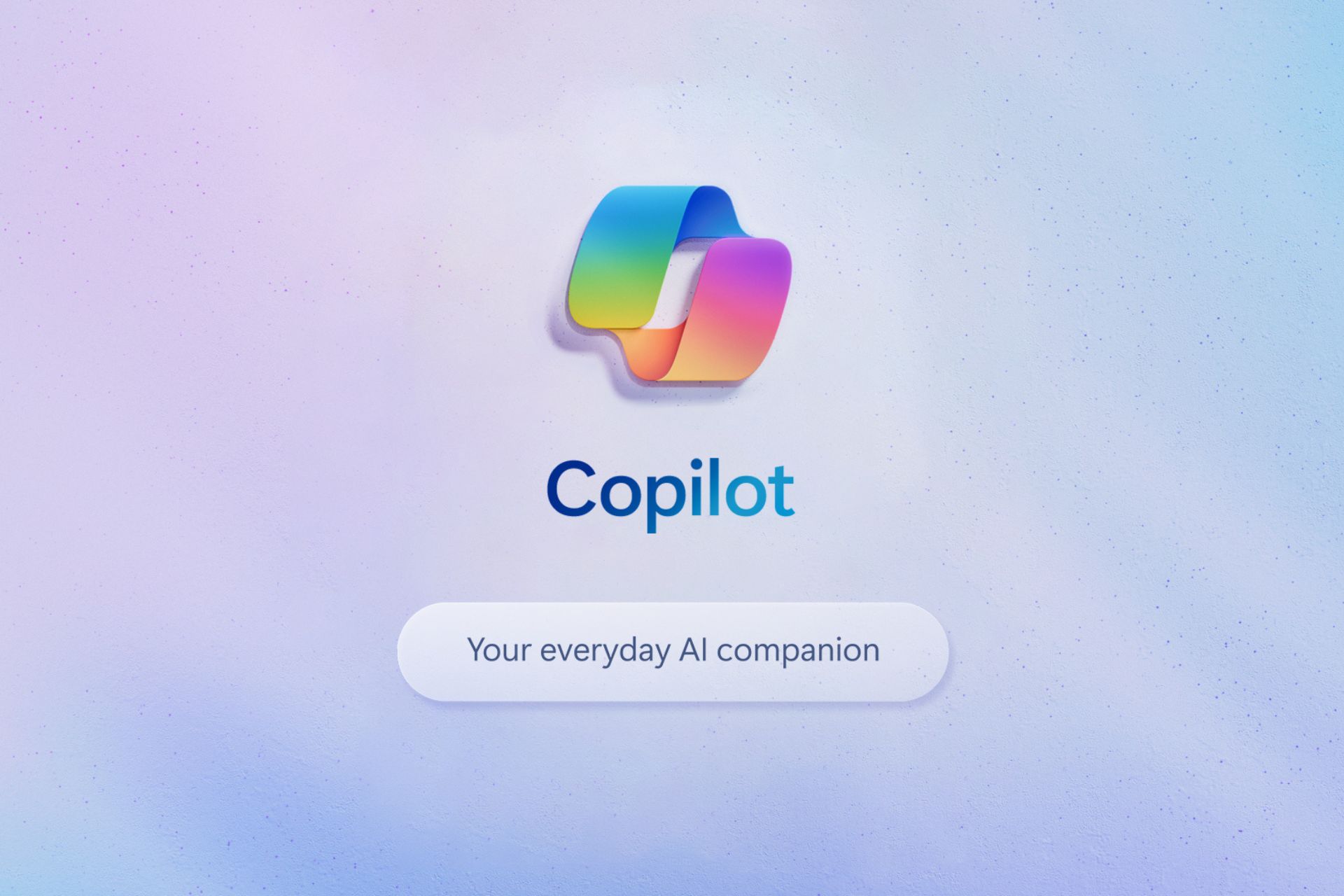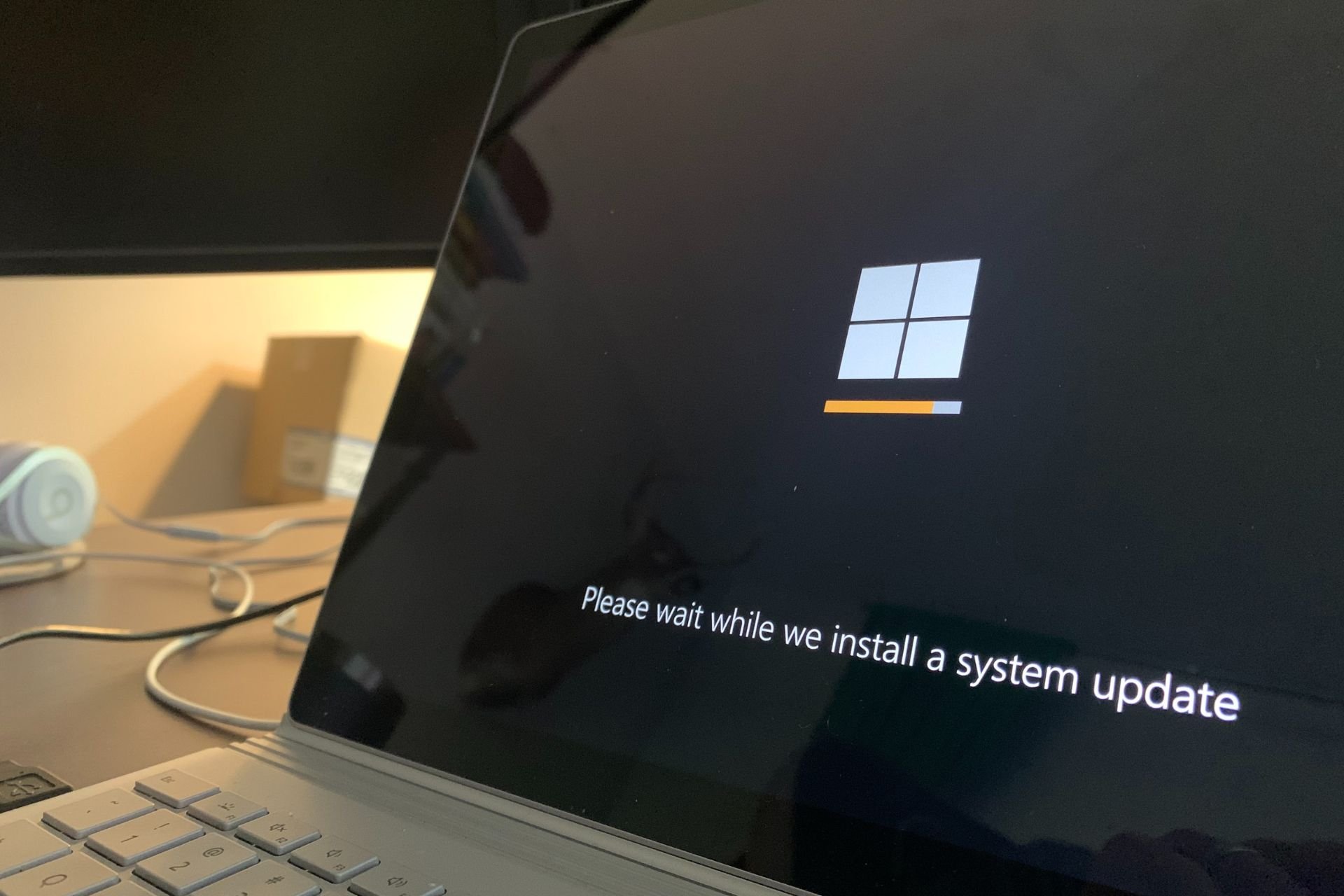Here's why Microsoft won't launch Windows 12 any time soon
Microsoft will march on with Windows 11 and Copilot+ development
5 min. read
Published on
Read our disclosure page to find out how can you help Windows Report sustain the editorial team Read more
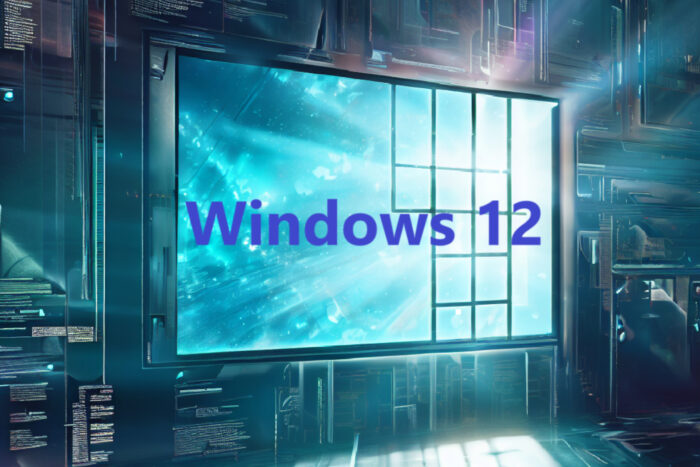
Media and analysts have been talking about an imminent launch of Windows 12 since last year and the talks didn’t stop since then. A simple search on any platform will find you lots of graphical concepts like the beautiful one below, but the harsh reality is that we won’t see Windows 12 until Windows 10 is at least out of the picture.
There are a lot of reasons why Microsoft won’t make that step forward, and it isn’t solely about granting us all a respite from continuous updates, because they are certainly rolling still.
Why is Microsoft postponing the launch of Windows 12?
Firstly, let’s discuss the main subject at hand: Windows 11’s future 24H2 update. This is no ordinary update; it is a massive one that brings artificial intelligence to the fore. Features such as Copilot+ and Recall are about to change how we use our PCs in ways we have not seen before. And not even those are on par with users’ feelings concerning the privacy issues and it might be disabled at lest from OOBE.
The leap we are talking about here is not small – it resembles what you would expect from an entirely new edition of Windows. Let us now dive into the details of this major announcement. The 24H2 update could be considered as a sign that Microsoft may move away from its usual big bang approach to operating system releases.
Instead, they might plan on launching consistent improvements through minor updates like these every six months or so. With the focus on artificial intelligence in this update, it seems like Microsoft wants to make major changes in how users interact with their computers running Windows 11 – making features such as Copilot+ and Recall available for everyone shows they are putting AI at the forefront of their advancements.
But why does this update feel so significant? The answer might lie within its size and depth—it’s not just another regular service pack or feature upgrade; rather, quite possibly marking a new chapter for Windows altogether. A big part of what makes this update special is Microsoft’s decision to include many features that were initially planned for future editions. This means users will experience important changes sooner than expected. As a result, receiving improvements like DirectML integration throughout various parts of Windows 11 signifies significant progress towards artificial intelligence being more accessible and useful for everyday tasks on your PC.
Another aspect worth mentioning is that some features could potentially bring up privacy and security concerns while using AI capabilities provided by these technologies – an issue which needs careful observation once people start using them after updating their systems accordingly.
Overall, if you think about where Microsoft was heading with their operating system updates prior to announcing Windows 11—moving towards continuous improvement instead of infrequent large scale upgrades—this latest news aligns quite well indeed! But, as we see it now in Windows 11, why? It appears that Microsoft wants to prevent the division of its user group and handle the difficulty of backing up one more distinct version of Windows.
Microsoft would need a lot of resources and a new support team
Now, think about the support nightmare that would come with a Windows 12. Microsoft is already handling support for Windows 10 and 11. If they add in Windows 12 it will not only make matters more complicated for Microsoft but also for users who are only starting to get used to Windows 11. Microsoft’s aim to make Windows 11 better means that everyone is on the same page, or more precisely, the same version. This simplifies support and updates for all users.
But this is the part that needs a little more careful attention: With the 24H2 edition of Windows 11 introducing advanced AI features, the system requirements are already high. If Windows 12 were to go even further, it’s possible that many PCs would become outdated instantly. Do you recall the commotion that happened when Windows 11’s system requirements were revealed? TPU and CPU requirements outcasted or concerned many users. Picture this, but with more intensity. Will you need an AI PC for Windows 12? Most likely! Microsoft appears to be eager in avoiding a similar backlash by maintaining the developments within Windows 11 at present.
Also, there is a question of visual identity. Usually, every big release of Windows brings along a noticeable visual change. However, in the case of version 24H2 for Windows 11, although changes are there they are not so innovative that they require an entirely fresh version number. It looks like Microsoft prefers to improve and make existing things better, instead of creating completely new ideas.
Ultimately, until its demise, Windows 10 still has a huge base of users who are not willing to let go to it without a fight. In fact, Microsoft just acknowledged that by creating a whole new beta channel for Windows 10. Yes, Microsoft will continue to add new features to the old OS until its last breath next year.
So, as a quick recap, now, Microsoft doesn’t have the resources or the drive to launch Windows 12, at least not until Windows 10’s end of support next year. The Redmond giant will continue to push Windows 11 and Copilot+ until the new AI PCs will be in the hands of a sufficient pool of users until making a new step. What means sufficient, you ask? We have no idea at this point, but suggesting users to buy a new PC after just raising the bar on Windows 11 would probably be an extremely unpopular decision.
Windows 12 may be right now in development and maybe this time, the developers will have the right means to create something really innovative and backwards compatible, like we all expected from Windows 11.
That being said, we invite you for a debate about Windows 12 in the comments below.

